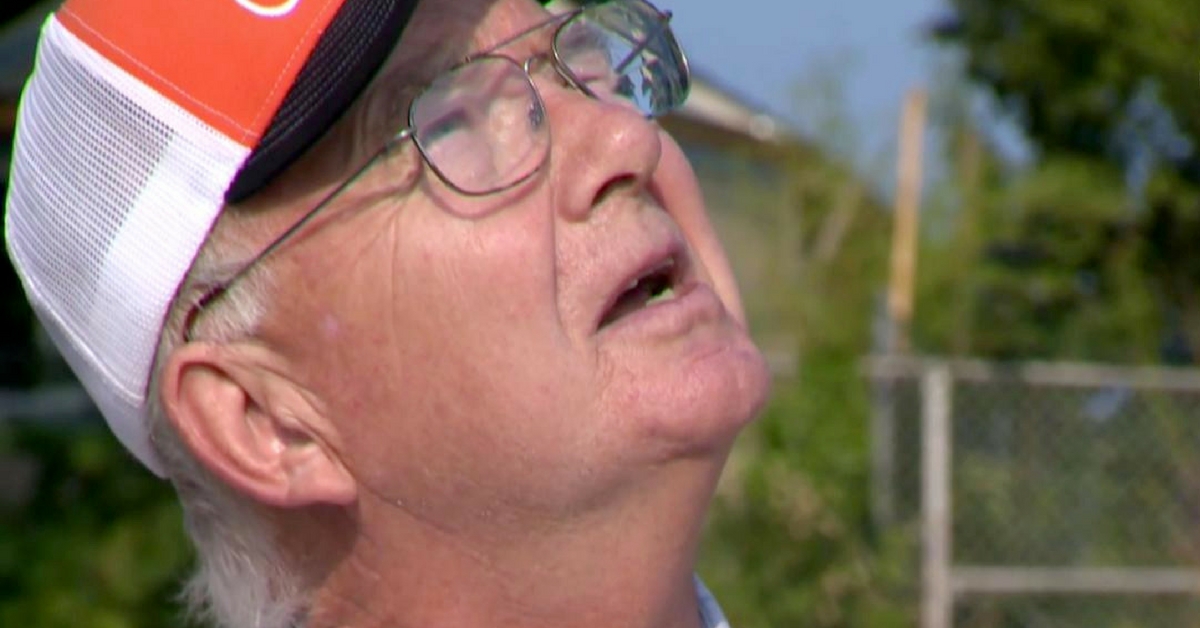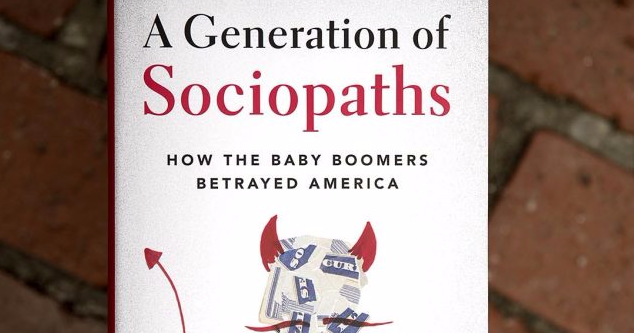As the excitement about the upcoming Great American Eclipse increases, one man who experienced a partial solar eclipse 55 years ago wants us to stop and think about the consequences of looking at the rare phenomenon with our naked eyes.
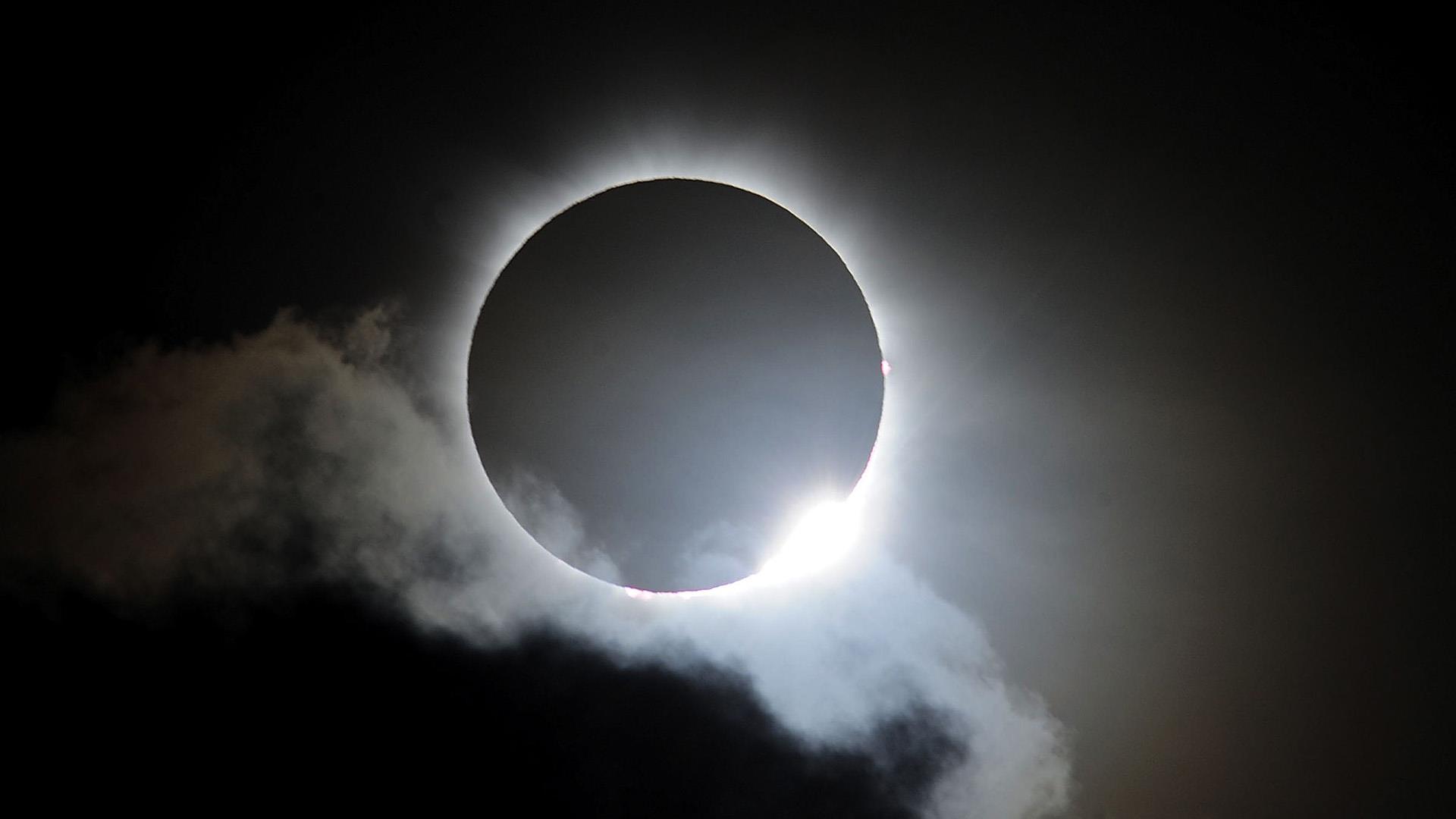
Back in 1962, Lou Tomososki and his friend, Roger Duval, were making their way home from school when they decided to stop and watch the partial solar eclipse. After weeks of anticipation, the then-teenagers were just excited about witnessing the event and didn't think to wear any eye protection. Now, over 5 decades later, Tomososki is still paying the price.
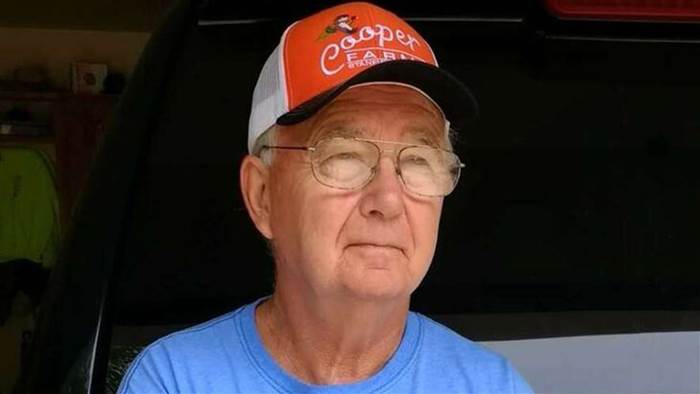
The 70-year-old Oregon City man recalls looking at the sun for only a few seconds as the moon slid over its surface, but that was just enough time for his eyes to sustain some serious damage for the rest of his life.
Tomososki remembers both him and his friend seeing flashes of light, similar to a camera flash, but didn't think much of it until later.
"We both got burned at the same time," Tomososki told TODAY. "He got the left eye and I got the right eye."
Tomososki's teachers have warned him about watching the eclipse without the right eye wear, they even suggested using a pinhole projector box for safe viewing, but he was stubborn and didn't take the warning seriously.
"We were just doing it for a short time," he said. "I have a little blind spot in the center of my right eye."
"You know how the news people blur a license plate out? That's what I have on the right eye, about the size of a pea, I can't see around that," he added.
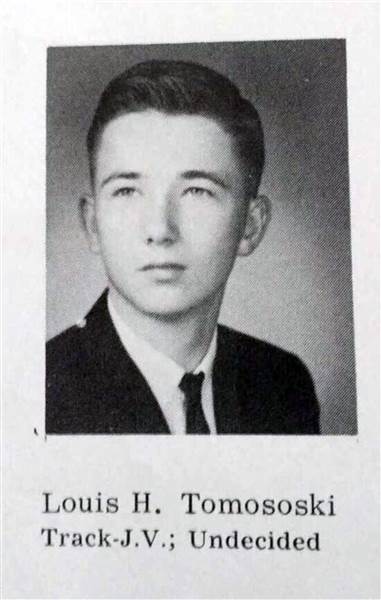
Turns out, both Tomososki and Duval suffered solar retinopathy - retinal damage caused by looking at the sun.
"Anyone who stares at the sun can get this blind spot," said Dr. Russell N. Van Gelder, a professor of ophthalmology at University of Washington School of Medicine and clinical spokesman for the American Academy of Ophthalmology. "When you know that you have a problem is if that blind spot has not gone away (the next day)."
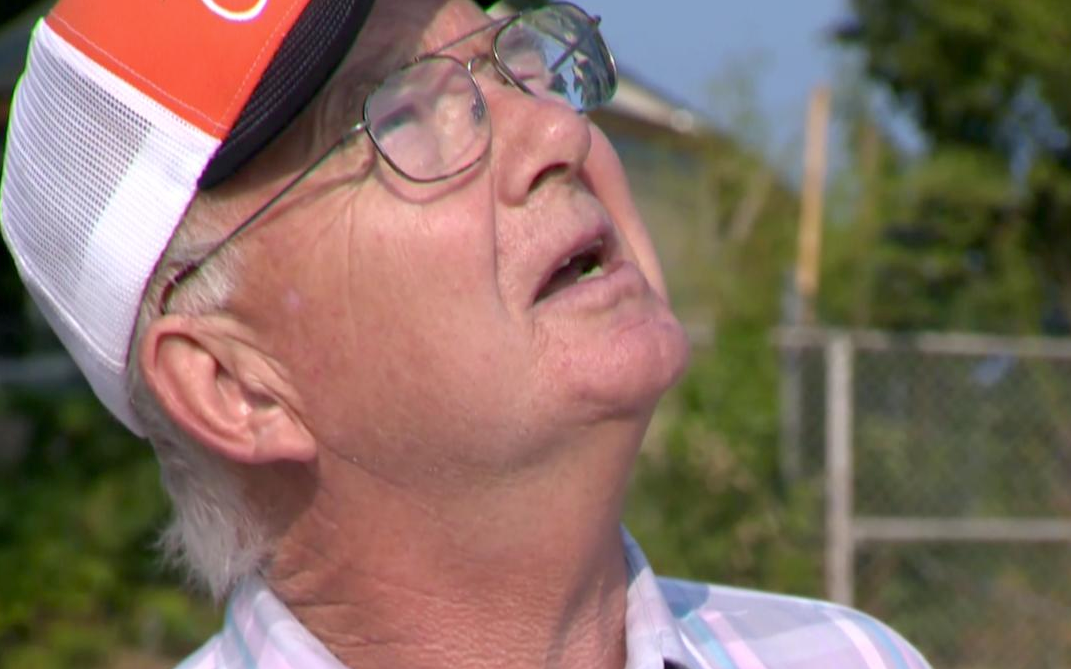
To this day, Tomososki regrets his decision, but is using his experience to warn others who may not know about the risks.
"Millions of people out there are going to be looking out at it ... How many of them are going to say, "˜Something happened to my eyes?'" he said. "That makes me sick."
The sun's rays are still very powerful during an eclipse and while you may not feel any pain, the harmful rays could seriously hurt your vision. Doctors strongly suggest purchasing a pair of solar eclipse glasses for the celestial event on August 21. A regular pair of dark glasses will not cut it.

The light isn't just dangerous for your eyes, it's bad news for your cell phone camera too.
"You can burn out your camera in the cell phone just like your retina," said Dr. Russell N. Van Gelder, a professor of ophthalmology at University of Washington School of Medicine and clinical spokesman for the American Academy of Ophthalmology.
As for Tomososki, he will once again go out to enjoy the eclipse next week but we will not be looking at it directly even with eye protection.
"I'm going to go out and enjoy it," he said. "But I'll stand and watch it get dark."
Are you prepared for the upcoming solar eclipse?
